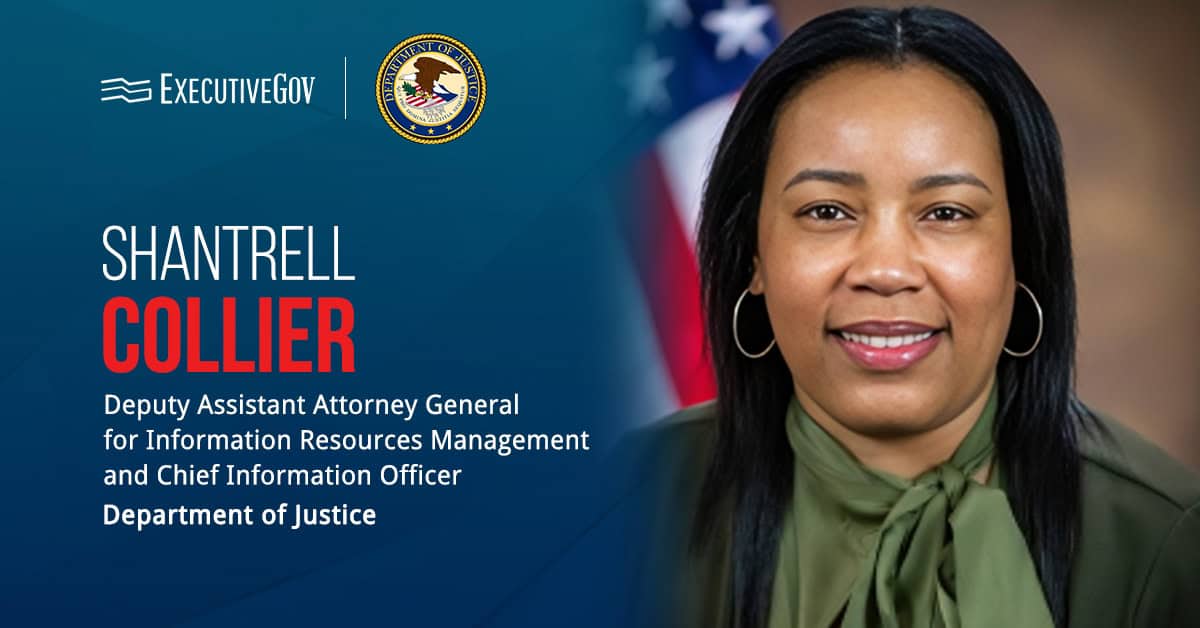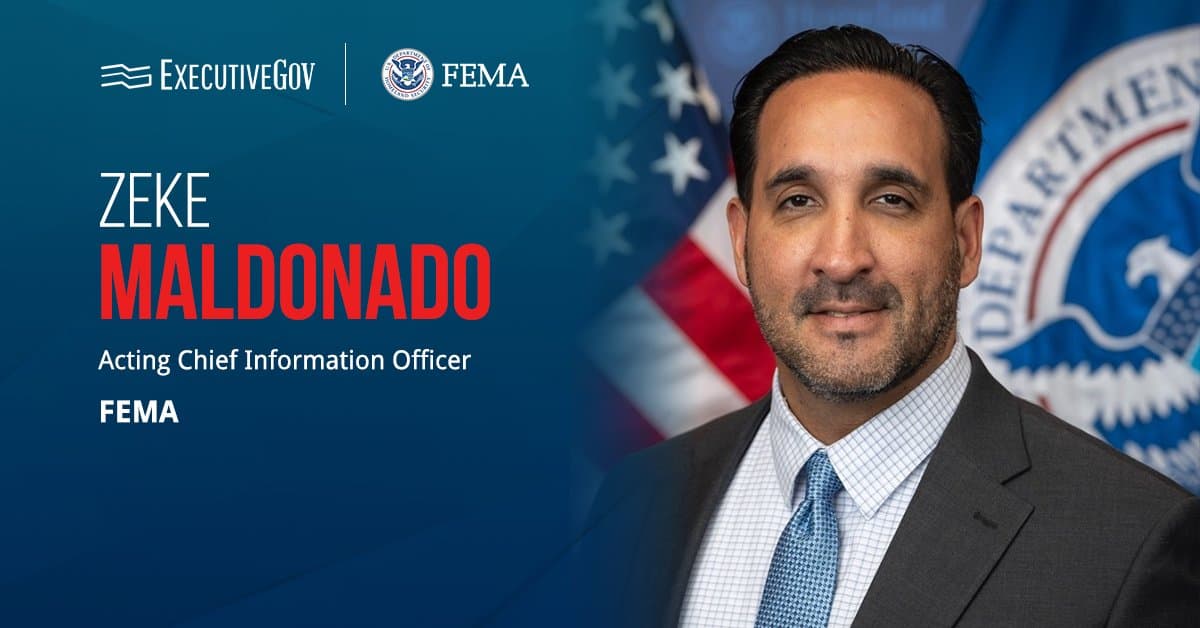Synthetik Applied Technologies has secured $1M in funds from the Department of Homeland Security (DHS) through the second phase of the Small Business Innovation Research (SBIR) program to build machine learning data that could simulate baggage and human travelers.
The company will help update object detection algorithms to mitigate false alarms and augment screening processes through the development of synthetic training data, the department said Friday.
DHS noted synthetic data generation allows the rapid creation of complete, annotated datasets without the need to initiate human protocols and manage delicate materials.
Synthetik will build and demonstrate a prototype to secure Phase III funding from non-government sources and achieve commercialization for the technology as part of the Phase II award.





